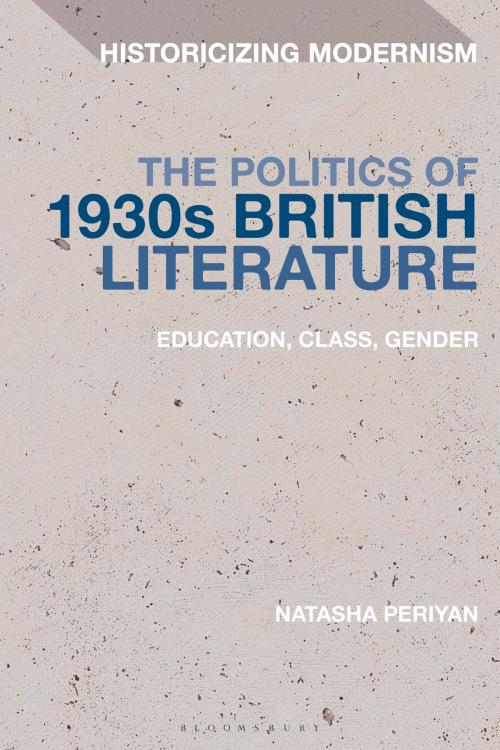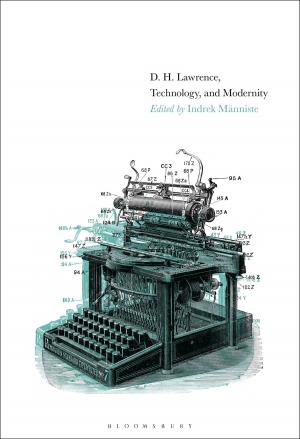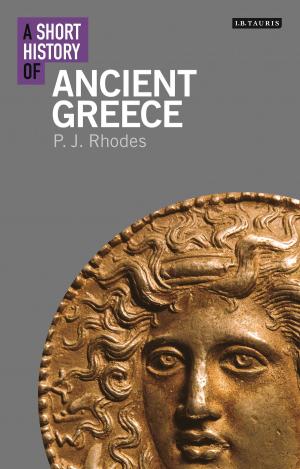The Politics of 1930s British Literature
Education, Class, Gender
Fiction & Literature, Literary Theory & Criticism, British, Books & Reading| Author: | University of St. Andrews, UK Natasha Periyan | ISBN: | 9781350019850 |
| Publisher: | Bloomsbury Publishing | Publication: | June 14, 2018 |
| Imprint: | Bloomsbury Academic | Language: | English |
| Author: | University of St. Andrews, UK Natasha Periyan |
| ISBN: | 9781350019850 |
| Publisher: | Bloomsbury Publishing |
| Publication: | June 14, 2018 |
| Imprint: | Bloomsbury Academic |
| Language: | English |
Winner of the 2019 International Standing Conference for the History of Education's First Book Award
Drawing on a rich array of archival sources and historical detail, The Politics of 1930s British Literature tells the story of a school-minded decade and illuminates new readings of the politics and aesthetics of 1930s literature.
In a period of shifting political claims, educational policy shaped writers' social and gender ideals. This book explores how a wide array of writers including Virginia Woolf, W.H. Auden, George Orwell, Winifred Holtby and Graham Greene were informed by their pedagogic work. It considers the ways in which education influenced writers' analysis of literary style and their conception of future literary forms.
The Politics of 1930s British Literature argues that to those perennial symbols of the 1930s, the loudspeaker and the gramophone, should be added the textbook and the blackboard.
Winner of the 2019 International Standing Conference for the History of Education's First Book Award
Drawing on a rich array of archival sources and historical detail, The Politics of 1930s British Literature tells the story of a school-minded decade and illuminates new readings of the politics and aesthetics of 1930s literature.
In a period of shifting political claims, educational policy shaped writers' social and gender ideals. This book explores how a wide array of writers including Virginia Woolf, W.H. Auden, George Orwell, Winifred Holtby and Graham Greene were informed by their pedagogic work. It considers the ways in which education influenced writers' analysis of literary style and their conception of future literary forms.
The Politics of 1930s British Literature argues that to those perennial symbols of the 1930s, the loudspeaker and the gramophone, should be added the textbook and the blackboard.















